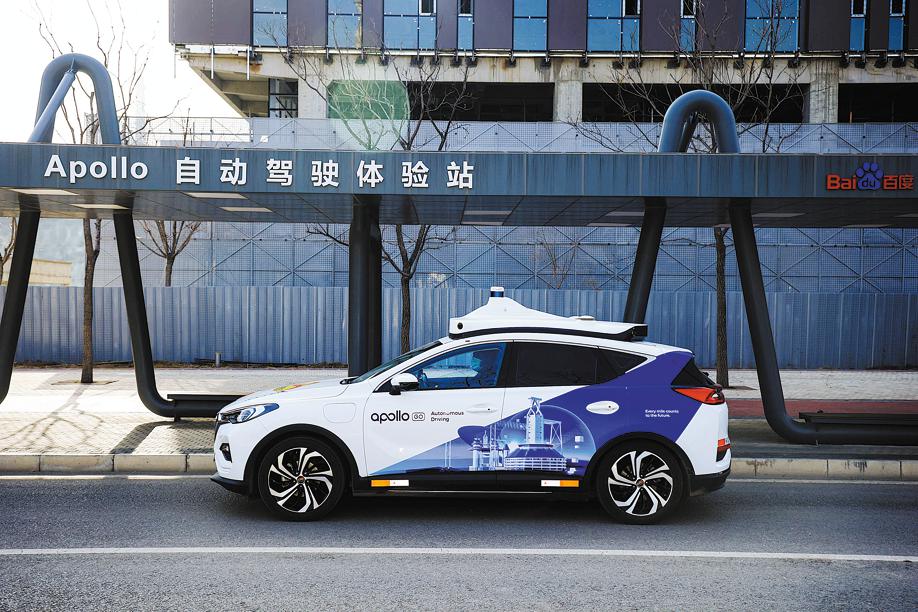Baidu has just obtained its permits to run a fully driverless Robo taxi service in China, Officially becoming the first company in the country to obtain such permissions. Back in April, the company received approval to run an autonomous taxi service in Beijing with a human operator and the driver, or passenger seat but now the company will be able to offer a service where the car’s only occupants are passengers.

There are some limits to these permits the company has gained as Driverless ApolloGo vehicles will ferry paying passengers around designated zones and Wuhan and Chongqing during daytime hours only. The surface areas only cover 13 square kilometers in Wuhan’s economic and technological development zone and 30 square kilometers in Chongqing’s Yongchuan district.
Baidu says that their Robo taxis have multiple safety measures to back up the core autonomous driving functions, including monitoring, redundancy, remote driving capability, and a safety operation system. This is a really big and notable step for Baidu and the Robo taxi industry as a whole, as they now will be offering services on a larger scale. The company has also been testing its vehicles in the US for several years, ultimately proving to be a competitor for Waymo and Cruise.



